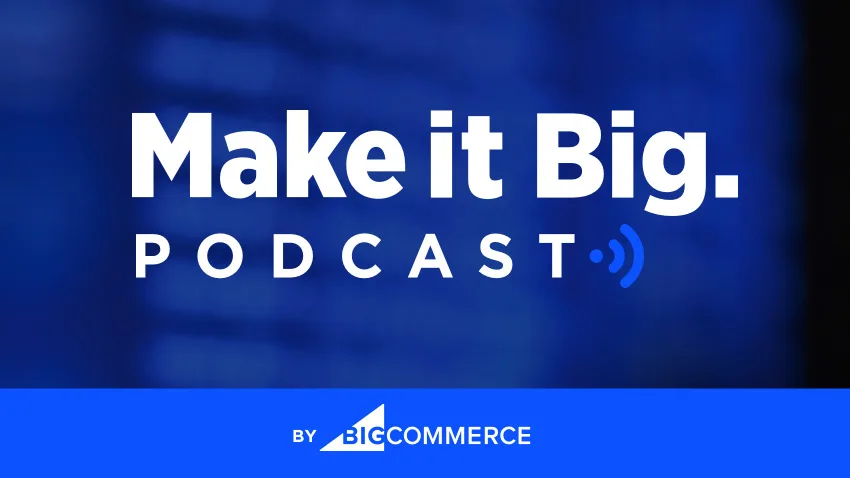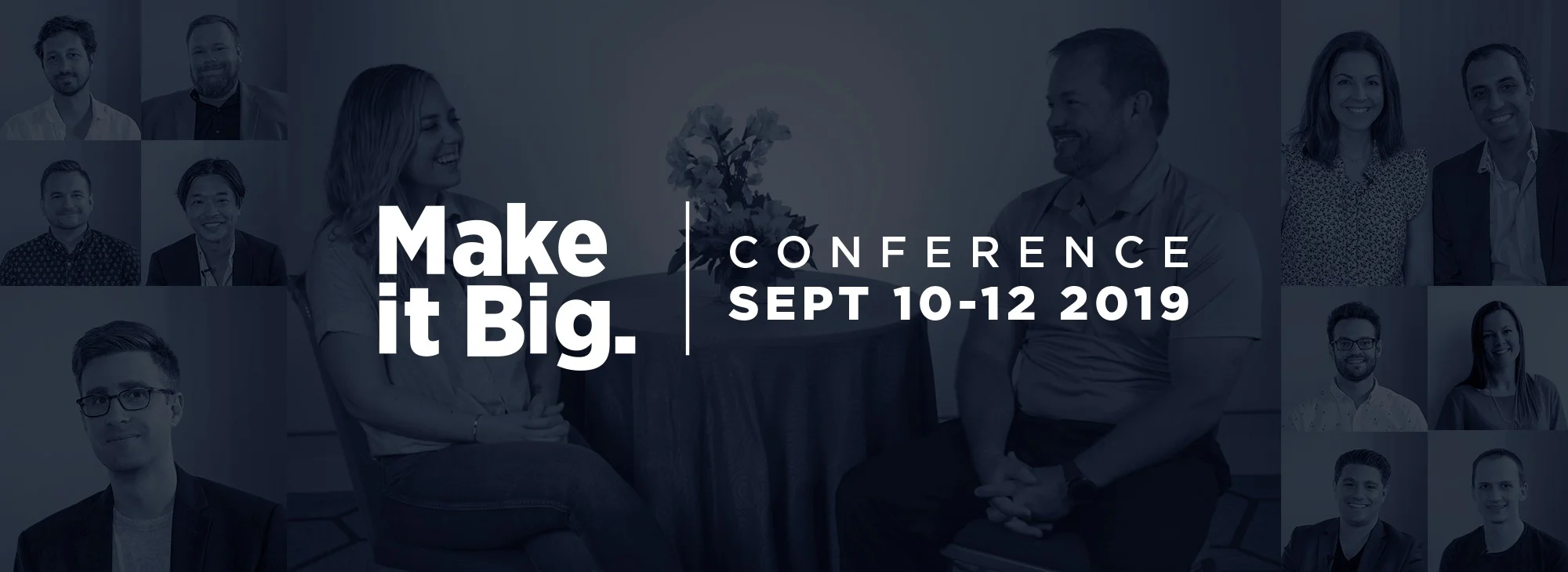
Ecommerce insights on the go
Tune in to the Make it Big Podcast — our thought leadership audio series for retailers, entrepreneurs and ecommerce professionals. You'll get expert insights, strategies and tactics to help grow your business.

How a Traditional Luxury Women’s Fashion Brand Became an Early Player in the Direct-To-Consumer Age


How a Traditional Luxury Women’s Fashion Brand Became an Early Player in the Direct-To-Consumer Age
Get The Print Version
Tired of scrolling? Download a PDF version for easier offline reading and sharing with coworkers.
A link to download the PDF will arrive in your inbox shortly.
Once you’ve found a business model that works — with plenty of proven success — it can be difficult to take a risk and add another dynamic piece to the puzzle.
But, at Natori, we took that risk and embraced ecommerce earlier than peers our size — 11 years ago, to be exact.
My name is Ken Natori, President of Natori, and I’m excited to share the story of how we expanded beyond our traditional business model and discuss the lessons we learned along the way.
Bringing a Traditional Company Online
Natori is a 42-year-old, high-end women’s fashion brand. I joined the company 12 years ago when we were selling our products almost exclusively to high-end department stores such as Saks Fifth Avenue, Neiman Marcus, and Nordstrom.
Shortly after I joined the company, I launched Natori.com. We decided to establish our own online business because we saw what was coming — and luckily, we were on the early side in terms of establishing our own direct-to-consumer (DTC) channel.
The Natori.com business was intentionally small at first, but we exponentially grew it over the next several years. After working diligently on building our online store on the backend, we reached a point where we really wanted an ecommerce platform with more out-of-the box capabilities.
That’s when I finally brought in an ecommerce director to lead our online store — and after a long search, we ended up being one of the first companies on BigCommerce’s Enterprise platform.
What we had envisioned happening, happened — foot traffic at the high-end department stores softened, while all of the department store websites started gaining share. There’s now less foot traffic across the board, and we believe, along with most, that it isn’t going to come back.
The good news is that GDP and retail sales continue to grow, which means consumers are shopping just as much — they’re just shopping in a different way than they used to, and in many different places.
We have already seen a lot of changes and envision a lot more coming in the future. While we compete with retailers with much bigger teams and budgets, our internal team works with great partners to be one step ahead of the curve in the ecommerce space.
Guiding Principles For Ecommerce Success
Ecommerce, just like everything in life or in business, is not a game of perfection.
Oftentimes, people ask, “Oh, do you have the perfect business plan going in? What do you forecast in terms of your one, two, and three-year sales plan? How are you going to grow the team?”
We were much more fluid. When I started my work on Natori.com, I thought to myself, ” We just need to get going. By hook or by crook, we’re going to do it, because we know that this is the future.”
We tend to have an entrepreneurial mindset, so we have a little bit more freedom to just go after something. Sometimes, somewhat blindly. It doesn’t always work out great. I think in the case of ecommerce, we all know where business is going, and we know where it’s not going.
Sometimes, even if you don’t feel like you have the perfect solution, just taking the leap and gaining as much knowledge as possible is the best path forward.
Nothing’s perfect. Iterate fast. Be really attuned to where the market’s going.
At Natori, we try to follow an ethos of “stay on course 80% of the time, but make sure you’re carving off time and resources for experimentation, learning about new technologies and new ways of reaching consumers.”
When I first joined Natori, I initially spent way too much time with my head down trying to solve the problems that were directly in front of us.
What I learned was that, although every business has a laundry list of immediate problems, it’s healthy to pull back carve out enough time to think about the future.
Diving Into New Technology: Artificial Intelligence
Recently, we’ve been working with an artificial intelligence platform to power all of our social media buying, such as our Facebook and Instagram ads. This has been a huge technological leap for us.
There are so many different things that we have to do today that we didn’t 12 years ago. When I first joined the company, all we had to do was make a product and sell it to the department stores. That was it. Now we still operate within our traditional business model while expanding our footprint into the direct-to-consumer world. This comes with 25 different things that we have to do to compete effectively in a digital landscape. We basically have the same amount of resources, the same amount of staff, while having to check the boxes on all of these other critical adjacencies.
To be successful, we must be innovative and work with great partners in order to run a successful business.
Artificial intelligence has been a key step in this journey at Natori.
Summary
Join us for this year’s Make It Big Conference in order to unlock the full story of Natori and key DTC market strategies for selling successfully online.

Ken Natori is President of The Natori Company, a high-end fashion brand with collections in categories including ready-to-wear, bras, sleepwear, fragrance, bedding, towels, and more. After joining Natori in 2007 to help run the finance department, Ken launched Natori.com in 2008, and ran the Licensing and PR/Marketing departments before being promoted to President in 2016. Prior to joining Natori, Ken worked as a Radio and Television reporter for Bloomberg from 1998-2003, including a 2-year stint covering financial news from the floor of the New York Stock Exchange. Ken has an M.B.A. from the Stanford Graduate School of Business, and a B.A. from Amherst College.


